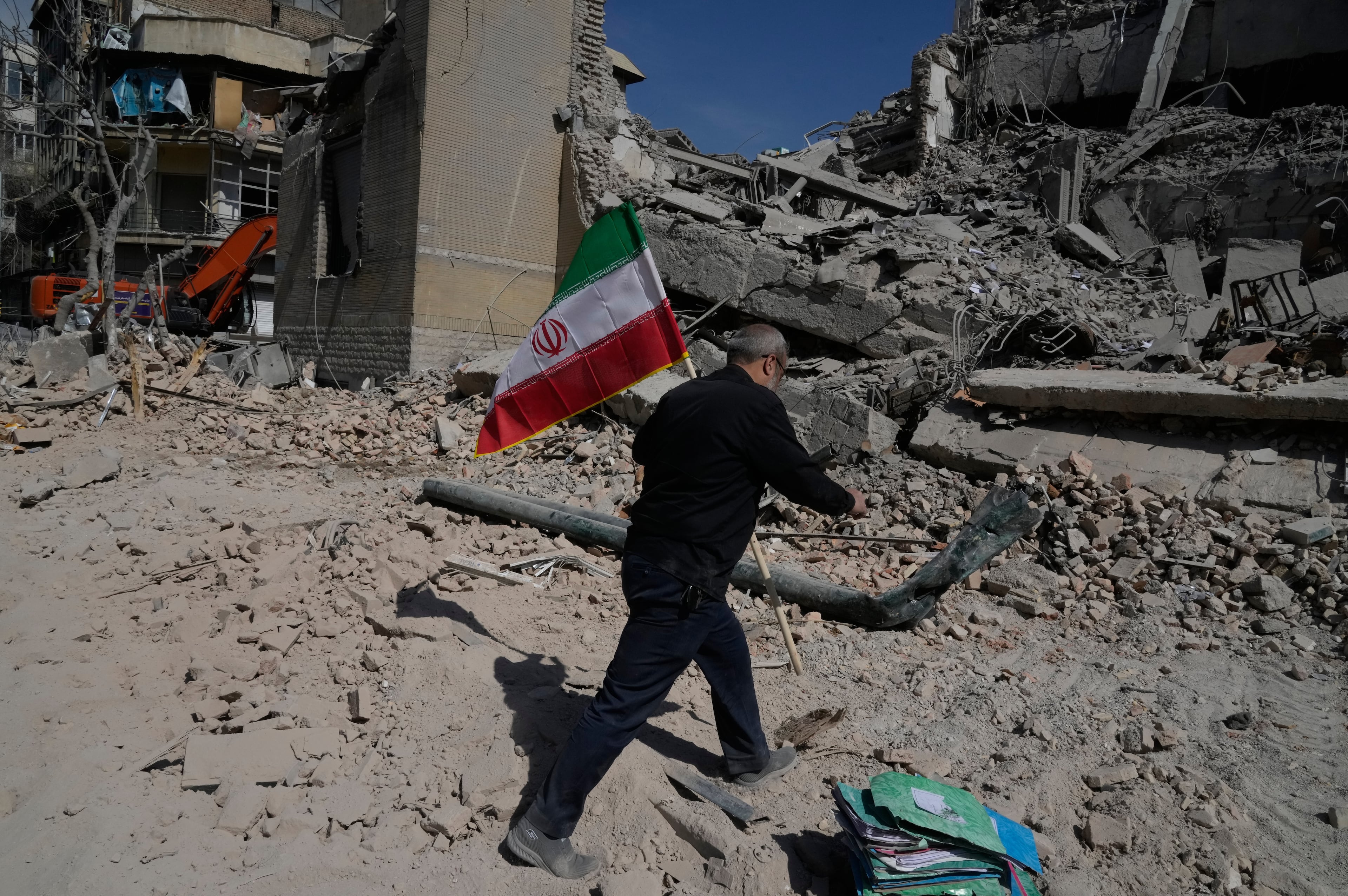2 bomb blasts in Nigeria kill at least 118
Two car bombs exploded at a bustling bus terminal and market in Nigeria’s central city of Jos on Tuesday, killing at least 118 people, wounding dozens and leaving bloodied bodies amid the flaming debris.
There was no immediate claim of responsibility for the twin car bombs. But they bore the hallmarks of Boko Haram, the Islamic extremist group that abducted nearly 300 schoolgirls last month and has repeatedly targeted bus stations and other locations where large numbers of people gather in its campaign to impose Islamic law on Nigeria.
The second blast came half an hour after the first, killing some of the rescue workers who had rushed to the scene, which was obscured by billows of black smoke.
“It’s horrifying, terrible,” said Mark Lipdo of the Stefanos Foundation, a Christian charity based in Jos.
Dozens of bodies were covered in grain that had been loaded in the second car bomb, witnesses said. A Terminus Market official said he helped remove 50 casualties, most of them dead. He spoke on condition of anonymity because he is not allowed to give information to reporters.
At least 118 people were killed and dozens wounded in the bombings, which ignited fires that were still burning eight hours later, according to Nigeria’s National Emergency Management Agency.
“Firemen are still trying to put them out. We believe we will find more bodies,” said Mohammed Abdulsalam, zonal coordinator for the agency. He said the fires were being fueled by flammable goods at the market, including rubber sandals.
Tensions have been rising between Christians and Muslims in Jos, the capital of Plateau state in Nigeria’s Middle Belt region that divides the country into the predominantly Muslim north and Christian south. It is a flashpoint for religious violence, and there were fears the attacks could ignite a new round of sectarian violence.
President Goodluck Jonathan indicated he blamed Boko Haram for Tuesday’s bombings, extending sympathies to affected families in a statement and assuring “all Nigerians that the government remains fully committed to winning the war against terror.”
“This administration will not be cowed by the atrocities of enemies of human progress and civilization,” the statement said.
Boko Haram has claimed other recent attacks, including two separate bomb blasts in April that killed more than 120 people and wounded more than 200 in Abuja, the nation’s capital. One went off at Abuja’s busy bus station and the other nearby.
A suicide car bomber killed 25 people on Monday in northern Kano city, where police found and disabled a second car bomb before it went off. Authorities said the death toll would have been far higher, but the first bomb exploded before it reached its target of restaurants and bars in the Christian quarter of the Muslim city.
Lipdo said at least one of Tuesday’s blasts could have been averted if authorities had acted in time. He said a white van that held the first bomb was parked for hours in the market place, raising suspicions of vendors and others who reported it to the authorities, but nothing was done.
The Nigerian government and military’s failure to curtail the 5-year-old Islamic uprising, highlighted by the April 15 abduction of at least 276 schoolgirls and lack of progress in rescuing them more than a month later, has caused national and international outrage.
Jonathan has been forced to accept help from several nations including Britain and the United States, in the hunt for the girls, who were kidnapped in northeast Nigeria. It also has brought massive attention to Boko Haram, the extremist group that is demanding the release of detained insurgents in exchange for the girls — a swap officials say the government will not consider.

